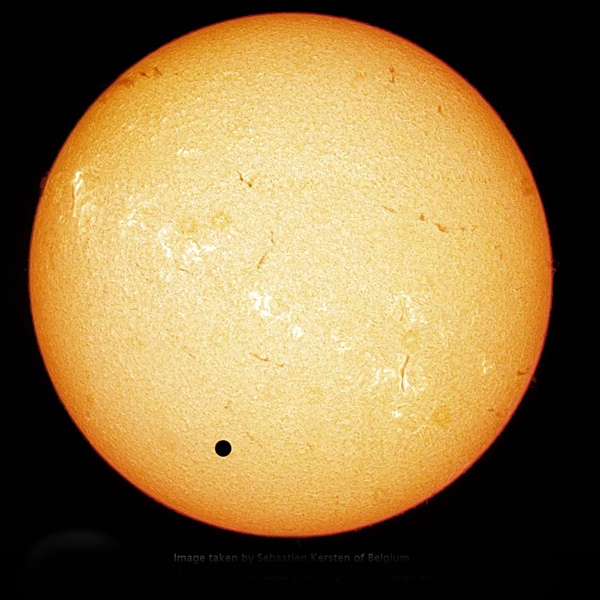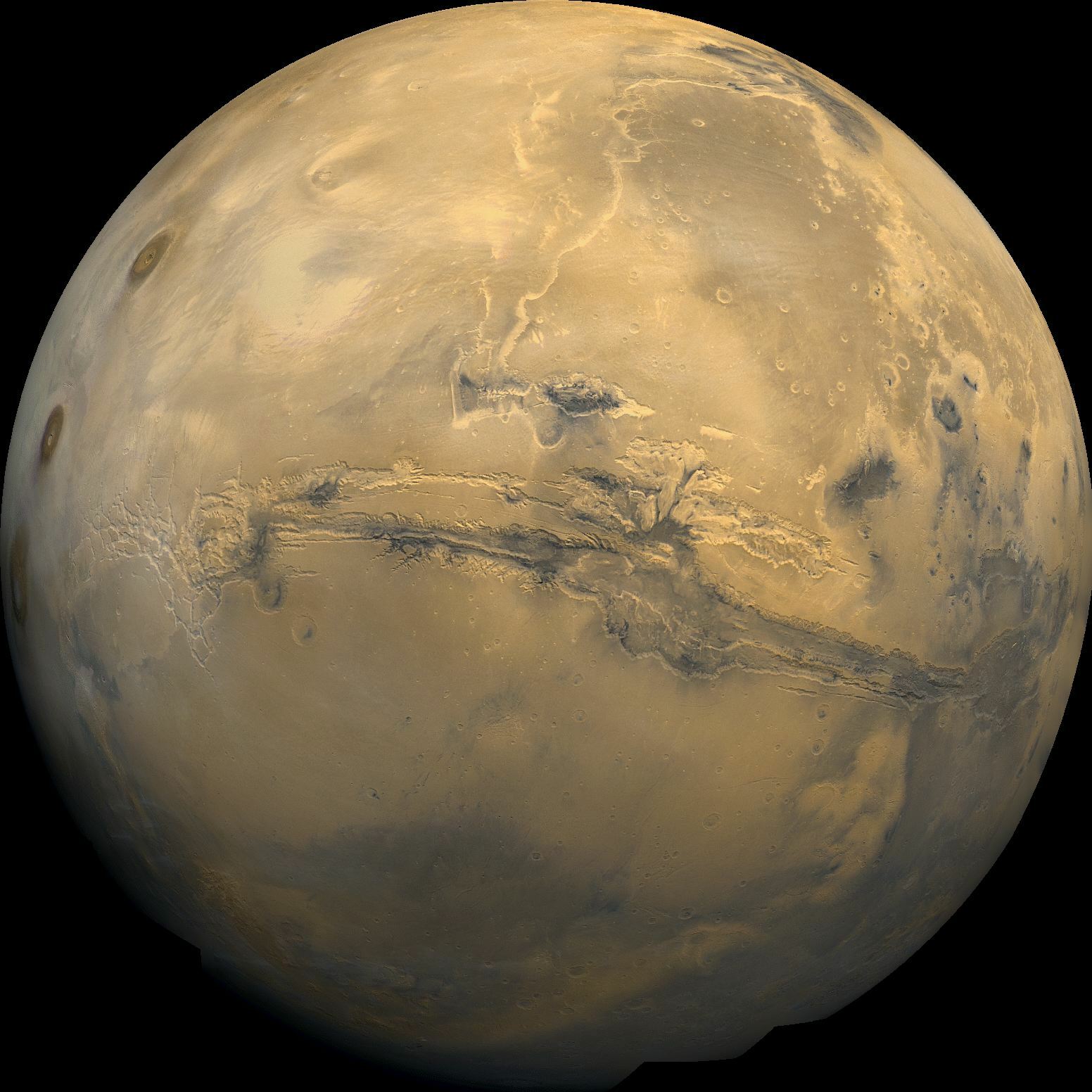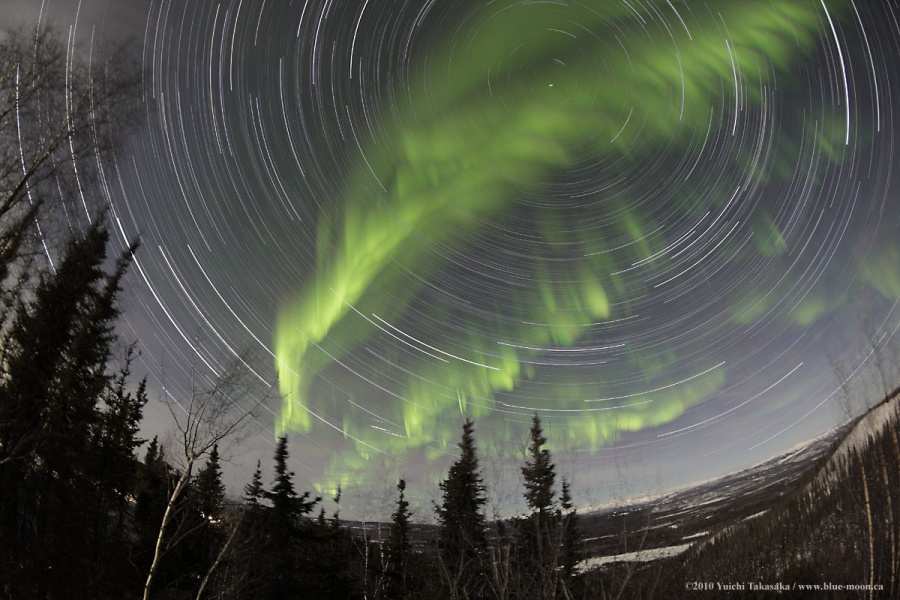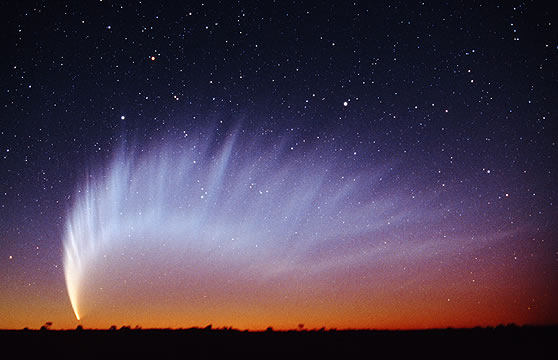Syllabus for Roster(s):
- 14Su ASTR 1210-001 (CGAS)
- 14Su ASTR 6210-001 (CGAS)
Full Syllabus
ASTRONOMY 1210
| INTRODUCTION TO |
| THE SKY AND SOLAR SYSTEM |




SUMMER 2014
This class meets Monday through Friday, from June 16 through July 11 from 10:30am - 12:45pm in Clark Hall, Room 107. The Final Exam will be Saturday July 12th, 10:30am - 1:00pm
On either the evening of June 17 or 18, the class will visit McCormick Observatory (weather permitting; if neither night is clear, we will have to reschedule). We will discuss this in class on June 16th.
There will be no class on July 4.
Contact Information:
| Name | Office | Office Hours | |
|
Ricky Patterson Instructor |
Astronomy 214 & Clark/BSEL I055
|
TBD or by appointment |
ricky@virginia.edu |
Text:
The Cosmic Perspective, by Bennett, Donahue, Schneider and Voit (Pearson Higher Education) 6th edition available in the UVa Bookstore. The 6th edition is only about $25 at the UVa bookstore. It will also be used for ASTR 1220 in the July/August summer session.
Course Description:
A study of the night sky and solar system, primarily for non-science majors. This course provides an overview of the night sky, and motions of the celestial sphere. We will also cover the history of astronomy through the time of Isaac Newton. The topics include properties of the Sun, Earth, Moon, planets, asteroids, meteors and comets as well as the origin and evolution of the Solar System.
Prerequisites:
No courses are required before taking ASTR 1210. However, it is assumed that you have a basic knowledge of physical science, algebra and geometry at the high school level. Calculus is neither required nor expected. Please contact the instructor if you have any questions or concerns.
Web Pages:
The ASTR 1210 Collab page is contains all announcements and information on all course policies, assignments, deadlines, homework, quizzes, grading, and grades. If you have questions, this is the first place to look. The Collab Page is a secure site, and you will need your UVa login and NetBadge password to access it.
Grading:
- Homework (Collab Daily Quizzes): 40%
- In Class Midterms: 10% each (20% total)
- Final Exam: 20%
- Daily Responses, Attendance, Participation and Effort: 20%
Independent Work:
Any material submitted for grading in this course is assumed to be entirely your own work and will be regarded as IMPLICITLY PLEDGED, whether it is pledged in writing or not. As a reminder, here is the pledge:
"On my honor as a student I have neither given nor received aid on this exam/assignment."
You are encouraged to study together and discuss topics for the course. You may discuss homework problems together. However, you must be sure that all work that you hand in for a grade is yours and yours alone. Do not submit answers from working with someone else that you do not fully understand.
Attendance:
Attendance is expected at every class session - class participation, daily responses, and attendance count towards your final grade. If you have a valid and unavoidable reason for missing class, please let me know as soon as possible (before the missed class unless it is an emergency).
Daily Responses:
A short written daily response is due at the end of each class. It must contain at least two questions that you have about material that you do not understand, and at least two things that you do understand with an explanation demonstrating your understanding.
Homework and Lecture Notes:
Daily assignments on the Collab site (under Tests & Quizzes), due each day before class at 10am. Homework may be submitted by 10am the following day for half credit. In addition, you are responsible for reading and reviewing the textbook material for each chapter before the lecture. You are encouraged to look over the slides for each lecture in advance, and bring them to class; they are available under "Resources". My hope is that you can use the slides to avoid having to take extensive notes, which will let you concentrate on the material as we discuss it, and only note down particular things that add to the slides, rather than simply writing down all the material in the slides.
Cell phones and other electronic devices:
You must silence all electronic devices before the start of class. Devices can only be used during class for class material. Use of devices for any other purpose during class is rude, and disruptive to other students who are trying to pay attention in class. Texting, reading email, watching You Tube, checking Facebook, etc. etc. etc. is not allowed. Please do not let this become a problem.
Preliminary Schedule (This will be updated as the class progresses) You are expected to read the scheduled Chapters before class, and the lecture slides are available under Resources:
| Date | Topic |
|---|---|
| Sun 6/15 | Add deadline |
| Mon 6/16 |
Introduction, Review Syllabus, Chapter 1 Our Place in the Universe |
| Tue 6/17 |
Chapter 2: Constellations (Patterns in the Night Sky) |
| Wed 6/18 |
Chapter S1, Celestial Sphere |
| Thu 6/19 |
Chapter 2: The Seasons, The Moon |
| Fri 6/20 |
Chapter 2: The Moon, Planets; Chapter 3: History of Astronomy, Ancient Astronomy, Public Night at McCormick Observatory (9-11pm) |
| Mon 6/23 |
Chapter 3: Greeks |
| Tue 6/24 |
Chapter 3: Renaissance Astronomy |
| Wed 6/25 |
Drop Deadline; Chapter 4: Newton's Laws of Motion, Gravity |
| Thu 6/26 |
Quiz (Through Chapter 4); Chapter 7: Overview of the Solar System |
| Fri 6/27 |
Chapter 8: Origin of the Solar System, Chapter 9: Terrestrial Planets (Geology) |
| Mon 6/30 |
Chapter 9: continued. |
| Tue 7/1 |
Chapter 10: Terrestrial Planets (Atmospheres) |
| Wed 7/2 |
Chapter 10: continued |
| Thu 7/3 |
Withdrawal Deadline; Quiz (Chapters 7-10) |
| Fri 7/4 |
NO CLASS |
| Mon 7/7 |
Chapter 11: Jovian Planets and their Satellites and Rings |
| Tue 7/8 |
Chapter 12: Asteroids, Comets, Meteor Showers, and Dwarf Planets |
| Wed 7/9 |
Chapter 12: continued, Chapter 13: Extrasolar Planets |
| Thu 7/10 |
Chapter 13: Extrasolar Planets |
| Fri 7/11 |
Chapter 14: The Sun |
| Sat 7/12 |
Final Exam (cumulative; time 10:30am - 1pm) |
Course Description (for SIS)
A study of the night sky and solar system, primarily for non-science majors. This course provides an overview of the night sky, and motions of the celestial sphere. We will also cover the history of astronomy through the time of Isaac Newton. The topics include properties of the Sun, Earth, Moon, planets, asteroids, meteors and comets as well as the origin and evolution of the Solar System.
